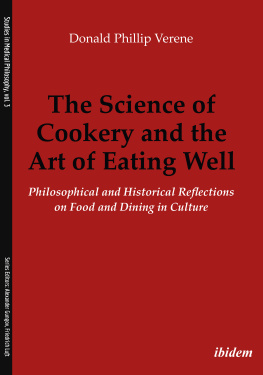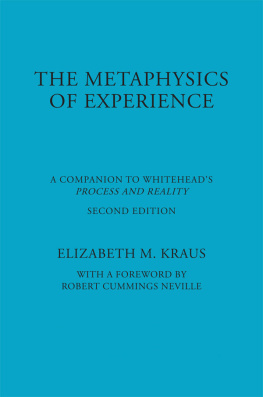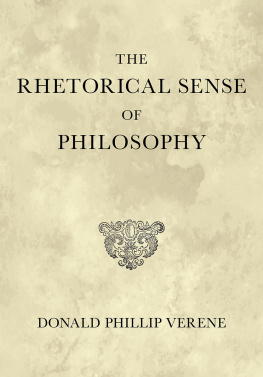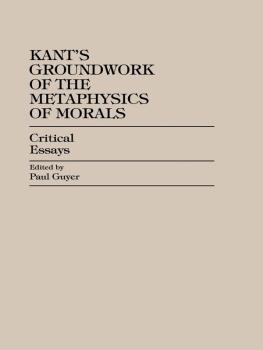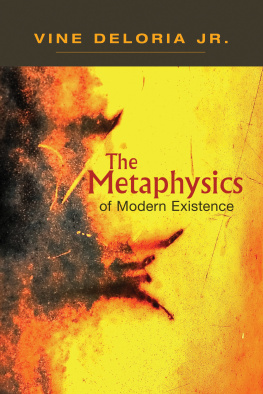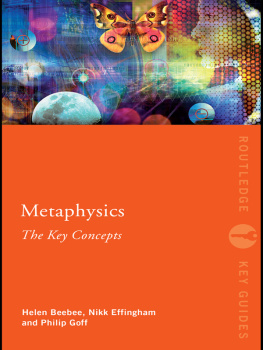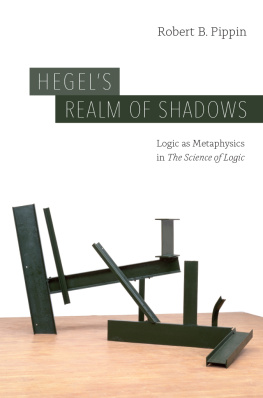Verene - Metaphysics and the Modern World
Here you can read online Verene - Metaphysics and the Modern World full text of the book (entire story) in english for free. Download pdf and epub, get meaning, cover and reviews about this ebook. year: 2018, publisher: Wipf & Stock Publishers, genre: Religion. Description of the work, (preface) as well as reviews are available. Best literature library LitArk.com created for fans of good reading and offers a wide selection of genres:
Romance novel
Science fiction
Adventure
Detective
Science
History
Home and family
Prose
Art
Politics
Computer
Non-fiction
Religion
Business
Children
Humor
Choose a favorite category and find really read worthwhile books. Enjoy immersion in the world of imagination, feel the emotions of the characters or learn something new for yourself, make an fascinating discovery.

- Book:Metaphysics and the Modern World
- Author:
- Publisher:Wipf & Stock Publishers
- Genre:
- Year:2018
- Rating:3 / 5
- Favourites:Add to favourites
- Your mark:
- 60
- 1
- 2
- 3
- 4
- 5
Metaphysics and the Modern World: summary, description and annotation
We offer to read an annotation, description, summary or preface (depends on what the author of the book "Metaphysics and the Modern World" wrote himself). If you haven't found the necessary information about the book — write in the comments, we will try to find it.
Verene: author's other books
Who wrote Metaphysics and the Modern World? Find out the surname, the name of the author of the book and a list of all author's works by series.
Metaphysics and the Modern World — read online for free the complete book (whole text) full work
Below is the text of the book, divided by pages. System saving the place of the last page read, allows you to conveniently read the book "Metaphysics and the Modern World" online for free, without having to search again every time where you left off. Put a bookmark, and you can go to the page where you finished reading at any time.
Font size:
Interval:
Bookmark:
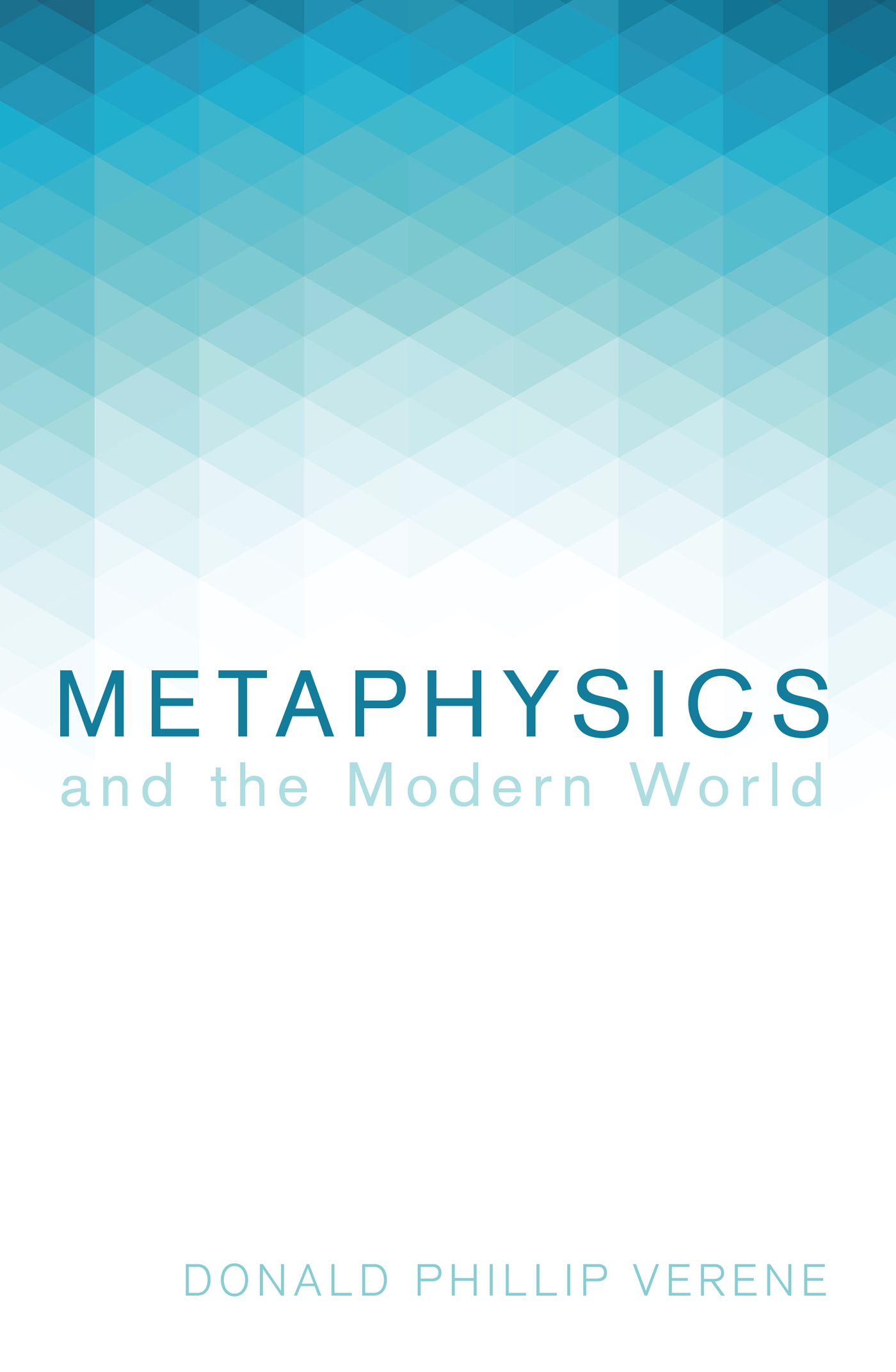
Donald Phillip Verene

A ristotles work known as the Metaphysics begins with the claim that all human beings ( anthrpoi ) by nature desire to know. It is reflected in the Latin phrase homo sapiens , those beings capable of sapientia or wisdom. To know is to know something in particular, but to know in the greatest sense is to know the causes of things and how all things comprise a whole. The wise man, Aristotle says, knows all things, as far as possible, although he has not knowledge of each of them in detail. He says, further, that knowing all things must belong to him who has in the highest degree universal knowledge; for he knows in a sense all the instances that fall under the universal (982a). Philosophy, as its name asserts, is not the love of knowledge but the love of wisdom. Wisdom is held by both the Greeks and the Latins to be the knowledge of things divine and human and acquaintance with the causes of each.
The cause of the love of wisdom itself is wonder ( thauma ), according to Aristotle: For it is owing to their wonder that men both now begin and at first began to philosophize. This wonder that initiates the pursuit of wisdom is the result of thought leading itself to a point of impasse, an aporia , a difficulty sufficient to show us that we are ignorant of the actual cause or nature of something. As Aristotle says, A man who is puzzled and wonders thinks himself ignorant (whence even the lover of myth is in a sense a lover of wisdom, for myth is composed of wonders) (982b). The lover of myth finds the object of wonder in the image, in which the immediacy of perception is preserved. In myth the aporia is overcome through the power of metaphor to portray the similar in the dissimilar. The mythic grasp of the object is an extension of perception, which forms the world through the senses, through their power to present objects to thought. Like perception itself, mythical thought makes no distinction between truth and error. Every metaphor is a fable in brief. The mythic, the fabulous, can be narrated over and over, a twice-told tale, giving an imaginative order to experience.
In the Poetics , Aristotle says, The greatest thing by far is to be a master of metaphor. It is the one thing that cannot be learnt from others; and it is also a sign of genius (1459a). The wonders of which myth is composed are the beginnings of thought. Each myth is a true story, a vera narratio . The myth is the original form of the complete speech, the speech that puts the whole into words. Mythical thought, or the form of thought before logical thought, is not governed by the principle of non-contradiction. The diversities of the world are simply tied together in the power of the mythic narrative. Mythic thought moves from one thing to another, not in an effort to seek a single cause but to invest any single event with multiple causes, thus increasing its reality by making it more vivid. The events liveliness is enhanced for the mythic mind; the more the causes associated with the event are in opposition to each other, the more the event is a coincidentia oppositorum , and the richness of its reality is increased.
Once thought gains internal distance from the immediacy of the mythic narrative as the form of experience, thought can never truly return to this immediacy. It can no more do this than an adult can properly be a child again. The mythic world passes into memory, and becomes the basis of imagination. All that seems in the mythic world also equally is. The wonder that originates metaphysics occurs when a distinction is apprehended between seems and is. What is takes on the status of a thing-in-itself, our apprehension of it being its manner of appearance. Metaphysics becomes myth remembered. Metaphysics becomes the art of attempting, in conceptual terms, to remake the whole that is first realized in the myth. To do this is an impossible task because the two terms of this separation from which the aporia of metaphysical thought arises can never be reduced to each other. What the mythic narrative naturally achieved remains, for rational discourse, always just out of reach.
As the American poet Carl Sandburg says in his little treatise Incidentals , Truth consists of paradoxes and a paradox is two facts that stand on opposite hilltops and across the intervening valley call each other liars. Metaphysical thought, like philosophy itself, is a process of doubling up. Where myth can at its best produce coincidence, metaphysics can at its best produce dialectic. Metaphysics must find a way to distinguish truth from error and, in so doing, find a way to make this distinction a truth.
The two dominant movements of modern philosophy are the analytic and hermeneutical schools. Both are the offspring of the problem of knowledge. Neither employs contemplation. Both are dedicated to the belief that language can literally state the truth. The tropes of metaphor and irony are to be set aside as the medium of literature. Both of these schools are versions of dead-serious thinking. In this pursuit, both aim to make philosophy respectable. To accomplish this aim the Socratic search for self-knowledge and the questions Socrates asks must be set aside.
Analytic philosophy is not a unified position in the sense of a single subject matter or a single method, variously applied. It is a style, an attitude of mind governed by the view that philosophy is intellectual problem-solving. Philosophers are to seek out puzzles and seek solutions to them by means of the precise use of language, logical operations, and scientifically supported conclusions. The puzzles can be taken from any of the traditional fields of philosophical thought, including ethics and even aesthetics. It is philosophy piecemeal, often to be done in article form in professional journals, always cast in terms of arguments. What puzzles are taken as important is a matter of convention. One has only to seek out articles from many years ago, for example, on the verification principle, to grasp the fashionable component of analytic philosophy. To read such articles is to read yesterdays philosophical newspapers. For the analytic philosopher, the history of philosophy is either of little interest or stands as a warehouse of past arguments and puzzles, some of which might be ordered up and reconstituted.
Hermeneutic philosophy puts the text in the place of the puzzle. Once hermeneutical exposition is divorced from its original sense of bringing forth the meaning of sacred texts whose truth and significance are given, the hermeneutical philosopher faces the problem of which texts are worth exposition. One can only fall back on tradition. Texts that tradition has identified as of interest become the subject of hermeneutical activity. In order to be not simply looking backward, and tied to existing texts, some hermeneutical philosophy employs the text as a metaphor, such that any social, political, historical, legal, or cultural institution can be considered a text and its meaning brought forth in discursive language. The abiding problem hermeneutical philosophy faces is epistemic relativismwhich texts are worth hermeneutical analysis. Meaning is not truth, and truth found here or there is not the True. The problem for hermeneutical philosophy is the whole, the formulation of the complete speech, the presentation of all that there is.
Overlooked by the commitment to the problem of knowledge is dialectic, the power of thought to double up. As Aristotle says, a double is not two separate things, or it would not be a double. A double is one thing in two guises of itself: But surely to be double and to be 2 are not the same; if they are, one thing will be many ( Metaph . 987a). The problem of knowledge seeks to see the truth of the object only once, and to see all else as error. Metaphysics seeks to see the object twice, as it seems and as it is. This double-sightedness means that to say what a thing is, is to say what it is and to say what it is not.
Font size:
Interval:
Bookmark:
Similar books «Metaphysics and the Modern World»
Look at similar books to Metaphysics and the Modern World. We have selected literature similar in name and meaning in the hope of providing readers with more options to find new, interesting, not yet read works.
Discussion, reviews of the book Metaphysics and the Modern World and just readers' own opinions. Leave your comments, write what you think about the work, its meaning or the main characters. Specify what exactly you liked and what you didn't like, and why you think so.

